Oscar fairy-tale tells us little about being black in the USA
Visit a prison – rather than the cover of Vanity Fair – to see where we are 150 years after slavery
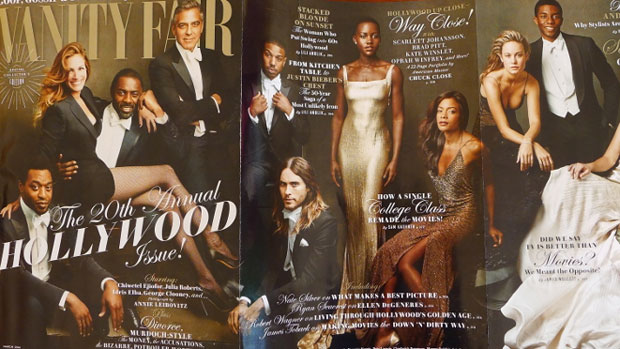
A free daily email with the biggest news stories of the day – and the best features from TheWeek.com
You are now subscribed
Your newsletter sign-up was successful
WHAT is the front cover of Vanity Fair’s 20th annual Hollywood Issue (see below) telling us? On the stands this month in time for the Oscars on 2 March, the issue is now the glossy’s fattest of the year, and along with its New Establishment List, its best shot at defining the American zeitgeist.
Or is it the fairy-tale version of the American zeitgeist?
Four of the six male stars in the glittering tableau assembled by Annie Leibovitz are black. Two of the six women are also black (of the others, two are classic blondes, one a redhead and the last is, well, Julia Roberts).
The Week
Escape your echo chamber. Get the facts behind the news, plus analysis from multiple perspectives.

Sign up for The Week's Free Newsletters
From our morning news briefing to a weekly Good News Newsletter, get the best of The Week delivered directly to your inbox.
From our morning news briefing to a weekly Good News Newsletter, get the best of The Week delivered directly to your inbox.
With Barack Obama in the White House for his sixth year, is this the signal that black people can finally take their place at the top table, regardless of skin colour or nationality?
It is worth noting that all of this year’s cover stars are either black, or white. The original immigrants to America were also black or white. Hispanics, Asians and East Asians all came later.
If nothing else it reflects the hot favourite for movie of the year: Steve McQueen’s 12 Years a Slave, fresh from its triumph at the Baftas on Sunday. It has been the talk of the town since becoming an unexpected hit last autumn, even if in America that talk can be a bit uncomfortable.
Chiwetel Ejiofor, best actor at the Baftas, is also favourite for best actor at the Oscars. His face is at the fore of the Vanity Fair cover.
A free daily email with the biggest news stories of the day – and the best features from TheWeek.com
His co-star, Lupita Nyong’o, up for best supporting actress, stands tall and alone and stunning in a glittering gold lame gown at the very centre of the group shot, which is actually a pull-out making a triptych like a Renaissance altar piece. In that format, Nyong’o stands were Jesus would be, on or off the cross.
The cover – or the left-hand panel of the triptych – is shared by Ejiofor with Idris Elba, another Briton, who took the starring role in Mandela: Long walk to Freedom. Slavery; the crusade to end apartheid; there’s a theme here.
Julia Roberts, up for best supporting actress for August, Osage County, is sitting on Elba’s knee in a very short skirt. Take that, Southern bigots!
The fourth figure on the front is George Clooney, who, as VF says, is unrivalled as an “eternal matinee idol”. The white Hollywood royalty is welcoming the new black stars who tell of the horrors of African slavery and its dreams of triumph and release.
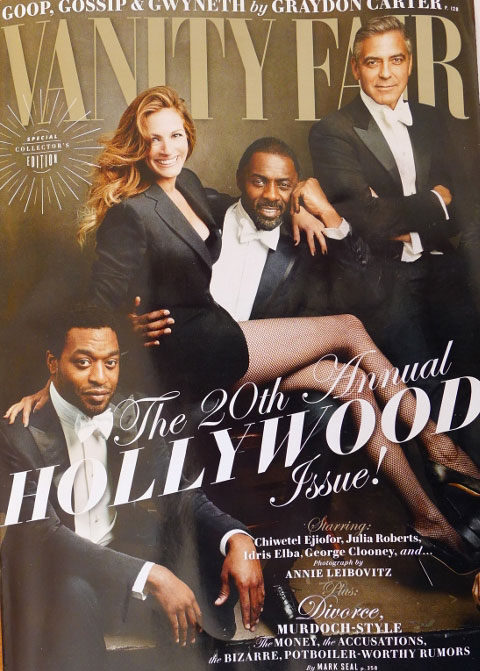
Does this reflect reality? At least one major Oscar must surely go to 12 Years a Slave and/or its stars, although it is quite possible that a reaction has set in among the Academy voters to prevent a sweep for so dark a tale.
The reviews hailed the film as the truth at last on the nation’s ‘original sin’, its ‘peculiar institution’, forcing ordinary Americans munching popcorn in the Cineplex to look into the mirror at the guilt that stains them all.
In the New Yorker, David Denby wrote that 12 Years a Slave is “easily the greatest feature film ever made about American slavery. It shows up the plantation scenes of Gone with the Wind for the sentimental kitsch that they are, and, intentionally or not, it’s an artist’s rebuke to Quentin Tarantino’s high-pitched, luridly extravagant Django Unchained.”
In the New York Times, Manohla Dargis added: “12 Years a Slave isn’t the first movie about slavery in the United States — but it may be the one that finally makes it impossible for American cinema to continue to sell the ugly lies it’s been hawking for more than a century.”
And in Variety, Peter Debruge wrote: “It’s a shame that such injustice was allowed to exist for so long — 12 years for Northup and nearly 250 for those less fortunate — and an even bigger disgrace that it takes a British director to stare the issue in its face.”
But we shouldn’t hope for too much.
As much as anything, Vanity Fair’s cover illustrates a long and uncomfortable irony. Blacks have always had a special place in arts and entertainment. They invented the music which is the country’s greatest gift to world culture. They have long found work, if not in the top slots, in Hollywood and on the stage.
Bill Cosby topped the TV rating decades ago, while Oprah Winfrey remains without rival the nation's biggest media star. Black athletes have carried the national flag in sports since Jesse Owens humiliated Hitler’s master race in the Berlin Olympics, and own the fields of professional sports.
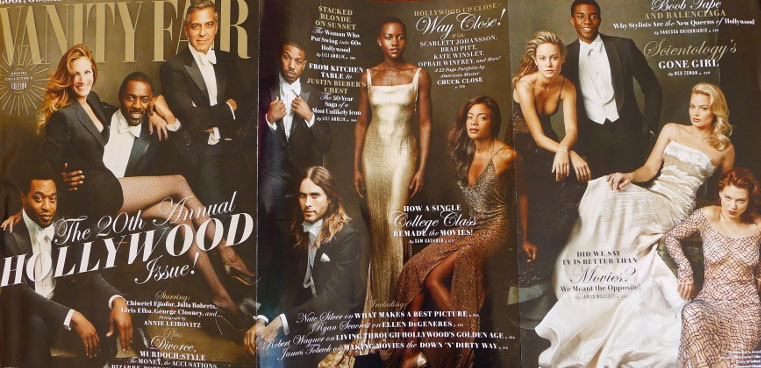
But what exactly does that mean? Louis Armstrong and the masters of jazz were forbidden rooms in ‘whites only’ hotels. Jackie Robinson could not share quarters with his white Brooklyn Dodgers team-mates. To this day, who earns the real money from the sweat (and damaged brains and bodies) of black athletes?
As the presses rolled with VF’s glossy cover, there was a cringe-inducing moment on television when a white showbiz reporter mixed up two major stars and mistook Samuel L Jackson for Laurence Fishburne.
Jackson’s riposte was a knock-out punch: “We may all be black but we don’t all look alike.”
Away from the cameras and the sports stadiums, life for black Americans still has more in common with institutional slavery and apartheid than is conscionable.
The descendants of slaves have the highest unemployment rates, worst health and shortest lives. But perhaps the starkest illustration of how far most live from the glamour of a magazine cover is in crime and punishment
America locks up a greater percentage of it population that any other country. Blacks make up 12 per cent of Americans, but are 40 per cent of the prison population. Research at the University of Chicago found that 12 per cent of black men between 25 and 29 are behind bars at any given time, compared to two per cent of whites, while an astonishing 33 per cent are under some sort of judicial supervision. Prison farms of the Confederacy?
Putting two black guys on its Hollywood cover with one white man and a white woman is a statement. But what did Vanity Fair mean by putting Clooney, the white, at the top right of the frame with his face obscuring part of the title, the “power position”, with Julia Roberts next in line?
Pure coincidence - or a nod to blatant reality?
-
 The environmental cost of GLP-1s
The environmental cost of GLP-1sThe explainer Producing the drugs is a dirty process
-
 Greenland’s capital becomes ground zero for the country’s diplomatic straits
Greenland’s capital becomes ground zero for the country’s diplomatic straitsIN THE SPOTLIGHT A flurry of new consular activity in Nuuk shows how important Greenland has become to Europeans’ anxiety about American imperialism
-
 ‘This is something that happens all too often’
‘This is something that happens all too often’Instant Opinion Opinion, comment and editorials of the day
-
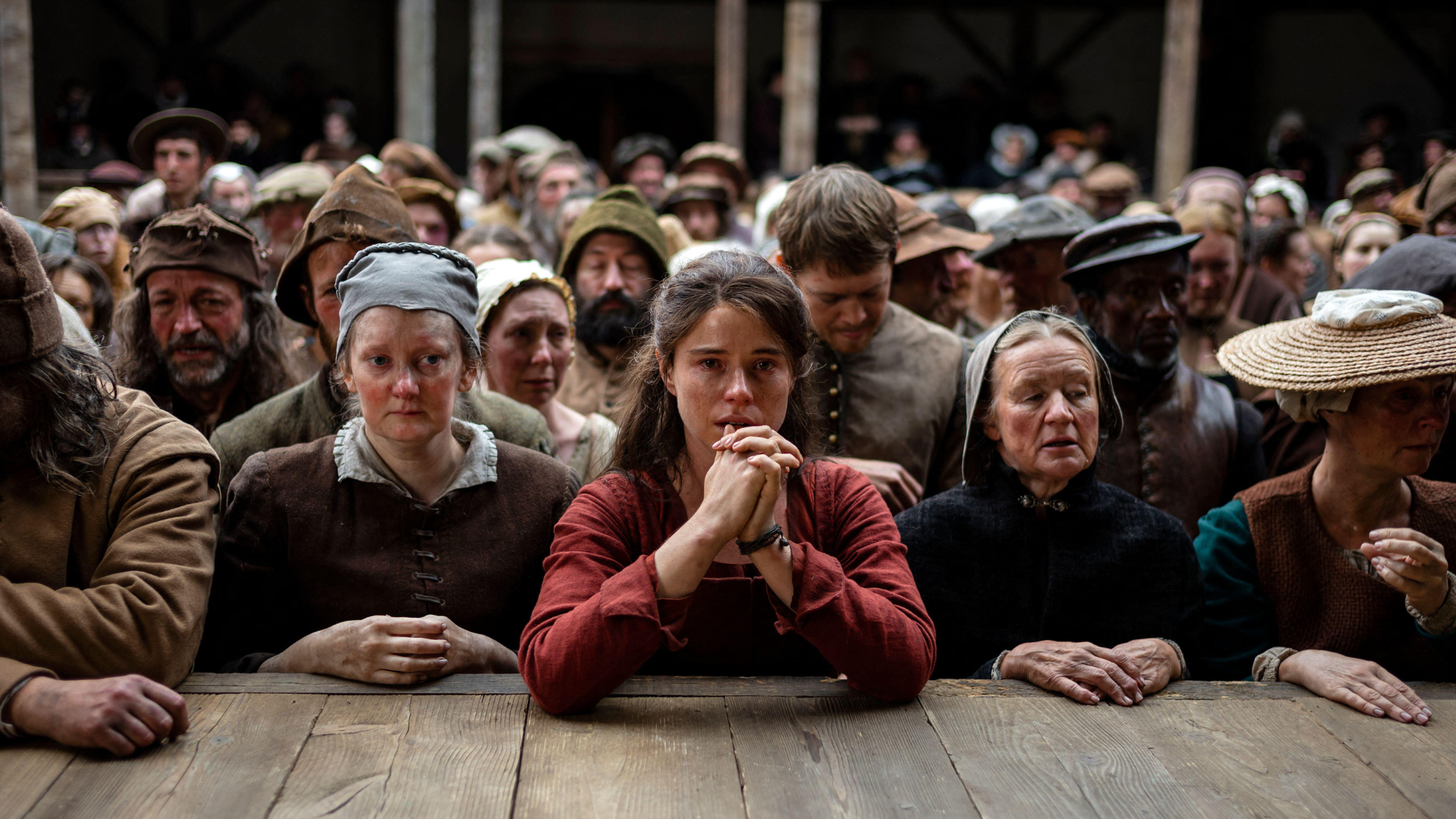 Hamnet: a ‘slick weepie’ released in time for Oscar glory?
Hamnet: a ‘slick weepie’ released in time for Oscar glory?Talking Point Heartbreaking adaptation of Maggie O’Farrell’s bestselling novel has a ‘strangely smooth’ surface
-
 The ultimate films of 2025 by genre
The ultimate films of 2025 by genreThe Week Recommends From comedies to thrillers, documentaries to animations, 2025 featured some unforgettable film moments
-
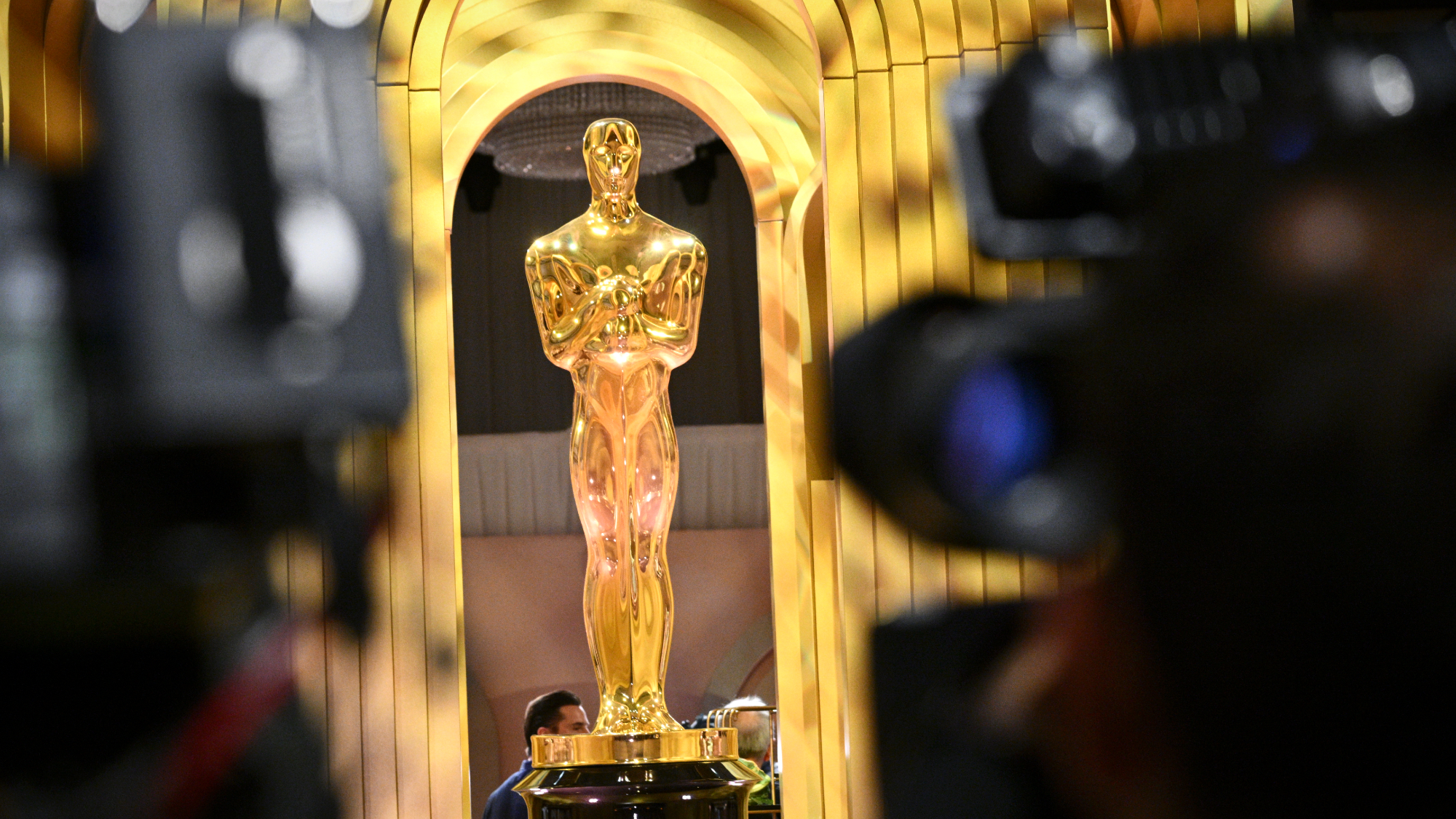 Oscars jump to YouTube after decades at ABC
Oscars jump to YouTube after decades at ABCSpeed Read The awards show will be broadcast worldwide on YouTube starting in 2029
-
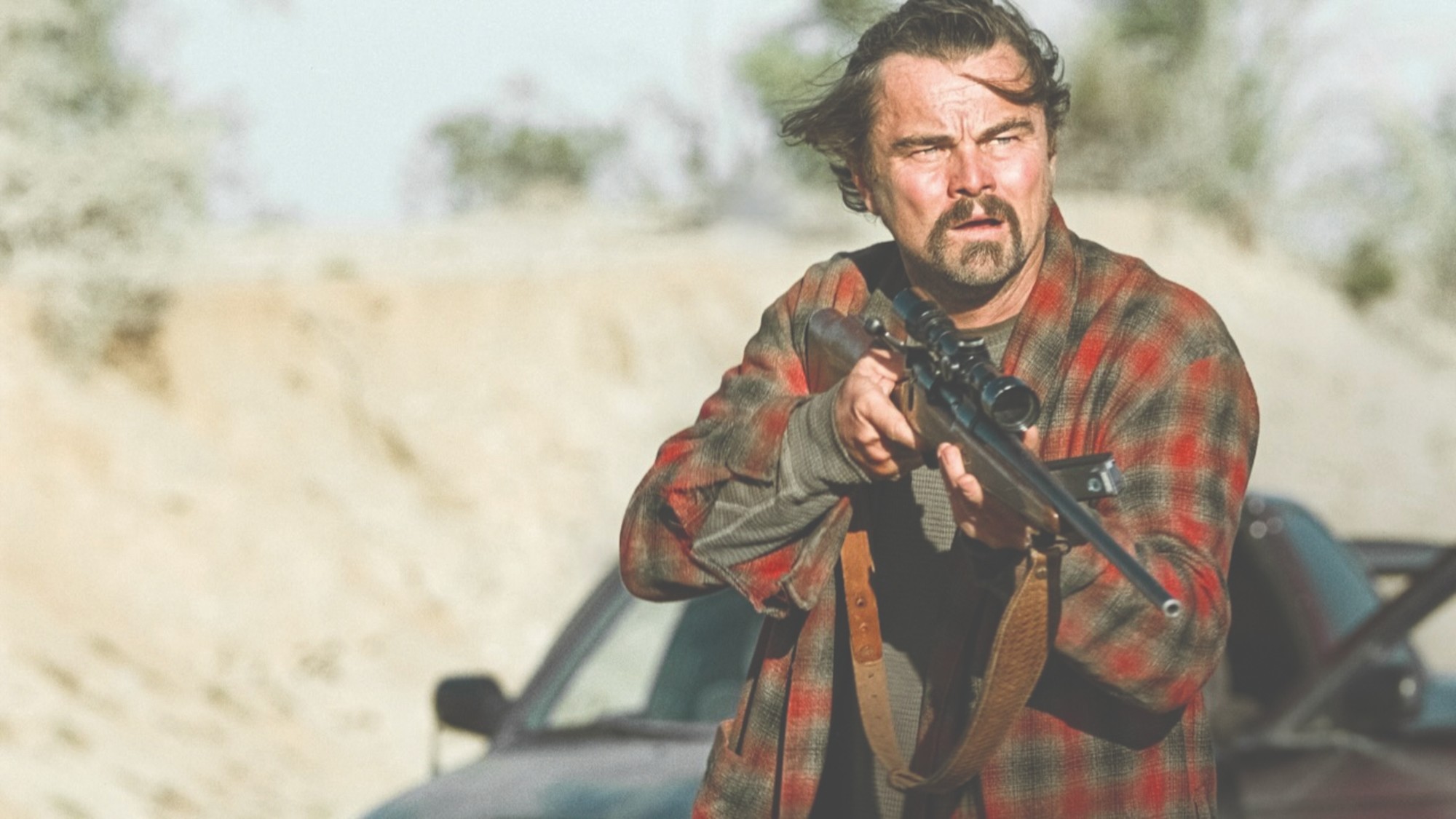 One Battle After Another: a ‘terrifically entertaining’ watch
One Battle After Another: a ‘terrifically entertaining’ watchThe Week Recommends Paul Thomas Anderson’s latest release is a ‘high-octane action thriller’ and a ‘surefire Oscar frontrunner’
-
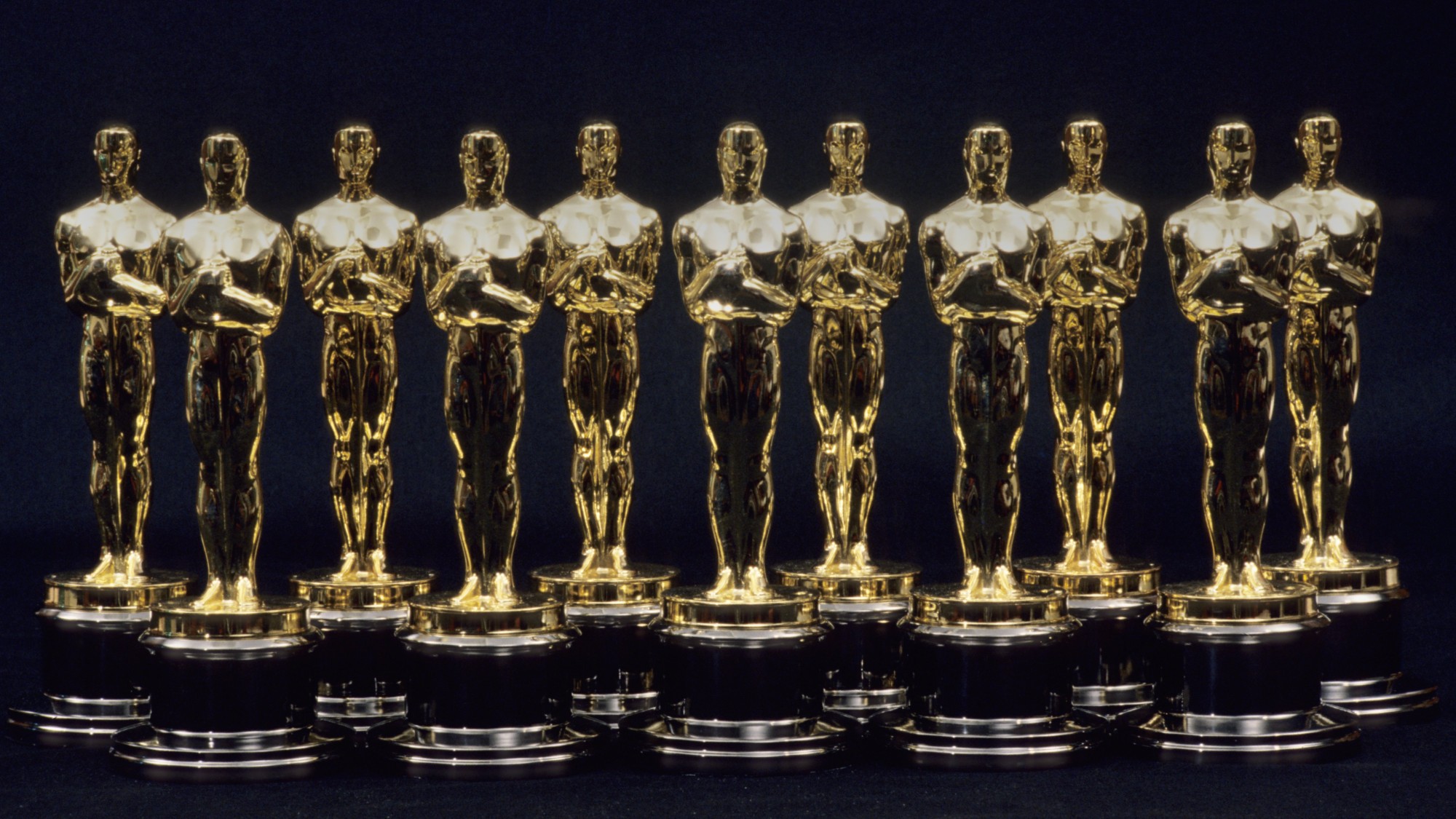 And the Oscar goes to … no one in particular: Movies made with AI can now win awards
And the Oscar goes to … no one in particular: Movies made with AI can now win awardsUnder the radar Generative AI is no longer a barrier to acclaim
-
 Oscars 2025: Anora’s Cinderella triumph
Oscars 2025: Anora’s Cinderella triumphFeature The film about a stripper who elopes with the son of a Russian oligarch takes home four Oscars
-
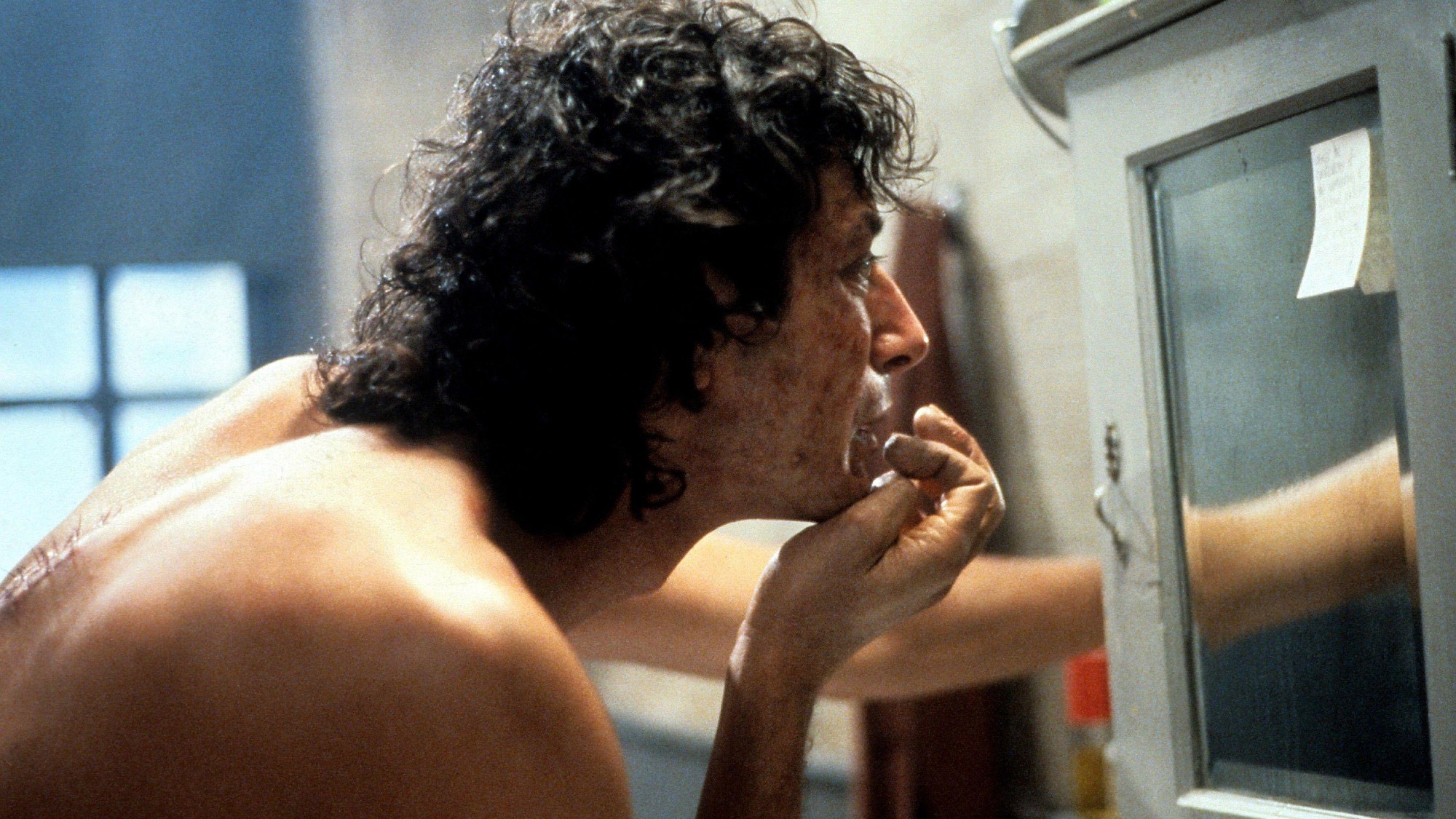 The best body horror movies of the last half-century
The best body horror movies of the last half-centuryThe Week Recommends If 'The Substance' piqued your interest, these other films will likely be your speed
-
 Why Japanese residents can't watch their country's Oscar-nominated #MeToo documentary
Why Japanese residents can't watch their country's Oscar-nominated #MeToo documentaryTHE EXPLAINER Shiori Ito became one of the faces of Japan's #MeToo movement